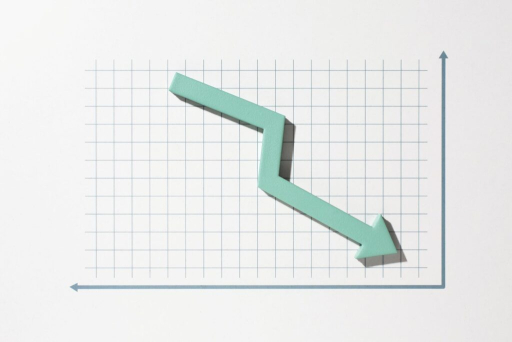
Blog: finance and real estate made simple
Articles and insights to help you navigate and grow
Real Estate Loans Abroad

Why are more and more Czechs investing in foreign real estate?
Czechs are increasingly turning to foreign properties, whether for recreation, investment, or long-term stays. Owning a property abroad offers not only the comfort of having your own accommodation in a favorite destination but also the chance to invest in a promising real estate market that may bring financial returns in the future.
For many people, having their own home abroad is a dream come true – the ability to go anytime to their seaside summer house or mountain chalet. For investors, foreign property is an opportunity to gain passive rental income and long-term capital appreciation, especially in tourist hotspots.
Main reasons for buying property abroad
Motivations vary, but the most common include:
-
Recreation and a second home: The chance to own a house or apartment in a favorite destination where you can take regular holidays offers independence and comfort.
-
Real estate investment: Foreign properties are often seen as a safe investment. Rising property prices and rental opportunities can provide attractive returns, particularly in seaside resorts or ski areas with high tourist potential.
Popular destinations for property purchases
Among the most popular countries for Czechs buying property are nearby European destinations:
-
Croatia, Italy, Austria: Popular for recreational housing – from seaside apartments to mountain cottages.
-
Spain: Interest is growing for both coastal and urban properties.
-
Albania: This Adriatic country is becoming more desirable due to tourism growth and relatively low property prices.
How much does property abroad cost?
Prices vary significantly by location, type, and amenities:
-
Coastal areas: Luxury villas with direct beach access can cost tens to hundreds of millions of CZK. Smaller apartments can be found in the range of 5,000,000 CZK - 10,000,000 CZK (€200,000 – €400,000), depending on location.
-
Mountain resorts: Properties in ski areas, especially in the Alps (e.g., Ski Arlberg or Saalbach Hinterglemm), can be even more expensive due to their prime location and high tourist demand.
Advantages and disadvantages of owning property abroad
Advantages:
-
Independence and flexibility.
-
Long-term investment potential.
-
Passive income from rentals in high-tourism areas.
Disadvantages:
-
Maintenance and operating costs.
-
Local taxes and fees, which can vary widely.
Financing the purchase of property abroad
For those without enough savings, financing options include:
-
American mortgage (home equity loan): A non-purpose loan secured by property in the Czech Republic. Flexible use, but higher interest rates and shorter terms (max. 20 years), and usually only up to 70% of the collateral value.
-
Foreign mortgage: Some foreign banks offer mortgages to non-residents, but often with stricter conditions and higher equity requirements. Currency risk should also be considered if the loan is not in CZK.
-
Consumer loan: In the Czech Republic, it’s possible to obtain a consumer loan up to 2,500,000 CZK (€100,000) without collateral. These are quick and flexible but have shorter terms (7–10 years) and higher monthly payments. Suitable for smaller properties or as a supplement to other financing.
What to watch out for with foreign property loans
-
Currency risk: If your income is in CZK but your loan is in EUR, exchange rate changes can affect repayments.
-
Legal specifics: Each country has its own property laws – consult local legal and real estate experts.
-
Tax obligations: You may owe taxes both abroad and in the Czech Republic – consult a tax advisor.
Buying property abroad can be a great investment and lifestyle choice, but it’s important to seek advice from a financial advisor and an experienced local real estate agent to minimize risks and ensure a profitable investment.
Stone & belter blog
Similar articles
Category















